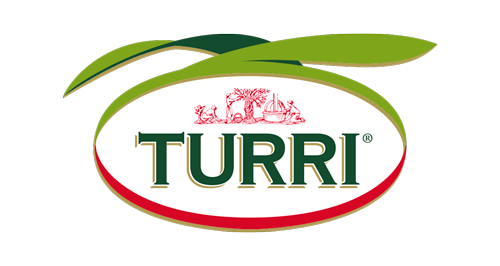We often hear that unfiltered oil is better and more wholesome than filtered oils. This isn’t exactly true. We have been led to think so because of the way unfiltered oil has been promoted on the market, and also because we all unconsciously believe that less processing is synonymous with greater quality.
However, the quality of an oil has little to do with its filtering. Others are the factors that count, and mainly the raw material, hence the olives, and the standards of the production process.
Top quality extra virgin olive oil can be either filtered or unfiltered. The only difference is the final step of the production process: unfiltered oil is bottled immediately after the centrifugation step, hence some traces of olive pulp remain suspended in the liquid. The more common, unclouded oil on the other hand is filtered through a cotton filter after centrifugation, so as to trap the solid residues and remove all traces of cloudiness.
As a consequence, there are some differences in their flavour and aroma. Unfiltered oil usually has a stronger scent and a slightly more persistent flavour, and for this reason is often unadvised for delicate dishes. As usual however, it is how much you use that really matters.
Unfiltered oil should be used fresh, within one year from bottling. This is because the solid particles decant and sink to the bottom of the bottle, causing changes to the organoleptic features of the oil. This does not mean that it goes bad and cannot be consumed, but only that its flavour may not be as pleasant as previously.
Filtered oil does not have this problem and its shelf life is therefore longer. After 18 months however, it too can lose some of its rich bouquet of aromas and flavours.
In brief, it is impossible to say which oil is better: both are excellent and can be used on a variety of dishes. Our Frescoliva unfiltered oil for instance is delightful on green or seafood salads, but also pairs admirably with roasts and cream of pea or lentil soup.


